‘Popular Advances’ collection – May additions
The Nanoscale Advances ‘Popular Advances’ collection recognises the most well received papers published in the journal so far. New papers are added monthly, and we will keep you up to date here with new additions each month.
Access the full collection for free
May highlights
|
Review |
|
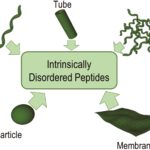 |
Folding and self-assembly of short intrinsically disordered peptides and protein regions
Pablo G. Argudo and Juan J. Giner-Casares Nanoscale Adv., 2021, 3, 1789-1812 DOI: 10.1039/D0NA00941E |
|
Paper |
|
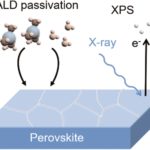 |
Surface passivation of organometal halide perovskites by atomic layer deposition: an investigation of the mechanism of efficient inverted planar solar cells
Ran Zhao, Kai Zhang, Jiahao Zhu, Shuang Xiao, Wei Xiong, Jian Wang, Tanghao Liu, Guichuan Xing, Kaiyang Wang, Shihe Yang and Xinwei Wang Nanoscale Adv., 2021, 3, 2305-2315 DOI: 10.1039/D1NA00075F |
April highlights
|
Mini review |
|
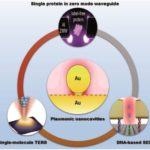 |
Recent advances in plasmonic nanocavities for single-molecule spectroscopy
Nicolò Maccaferri, Grégory Barbillon, Alemayehu Nana Koya, Guowei Lu, Guillermo P. Acuna and Denis Garoli Nanoscale Adv., 2021, 3, 633-642 DOI: 10.1039/D0NA00715C |
|
Paper |
|
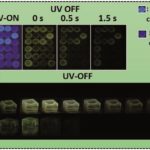 |
Phosphorescent MoS2 quantum dots as a temperature sensor and security ink
Manivannan Madhu, Chi-Yu Lu and Wei-Lung Tseng Nanoscale Adv., 2021, 3, 661-667 DOI: 10.1039/D0NA00730G |
March highlights
|
Review |
|
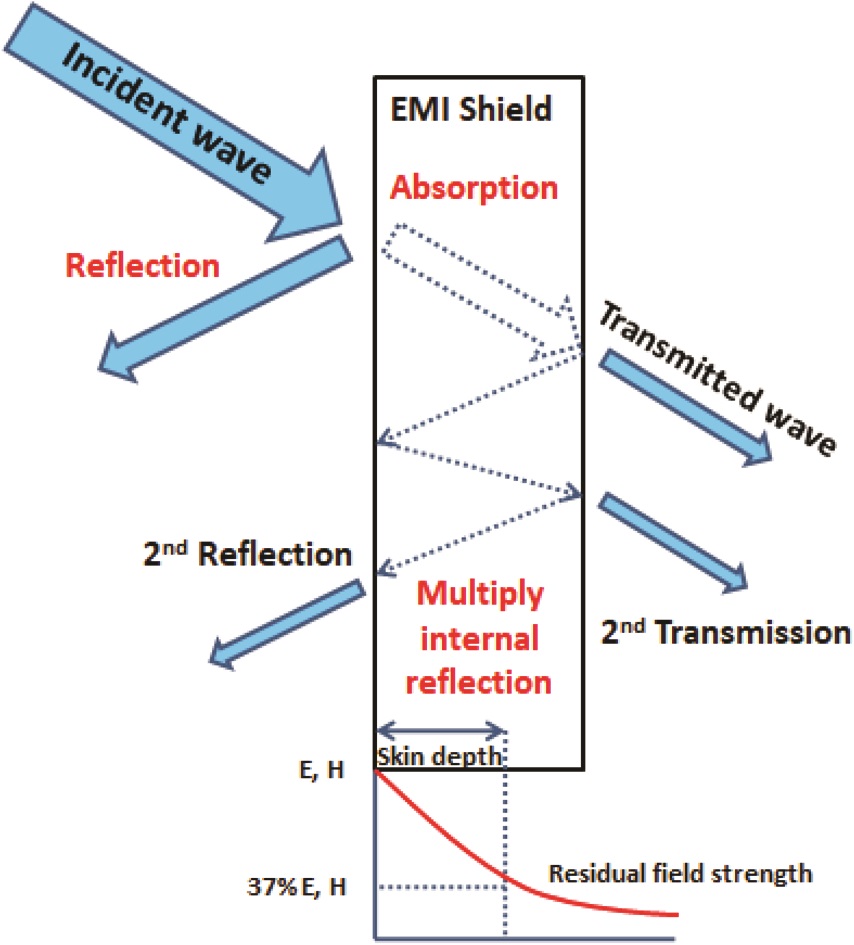 |
Progress in polymers and polymer composites used as efficient materials for EMI shielding
Ján Kruželák, Andrea Kvasničáková, Klaudia Hložeková and Ivan Hudec Nanoscale Adv., 2021, 3, 123-172 DOI: 10.1039/D0NA00760A |
|
Mini review |
|
 |
Peptide-based nanomaterials for gene therapy
Wei Zhang, Qing Chen, Feng Wu, Jun Dai, Defang Ding, Jun Wu, Xiaoding Lou and Fan Xia Nanoscale Adv., 2021, 3, 302-310 DOI: 10.1039/D0NA00899K |
|
Paper |
|
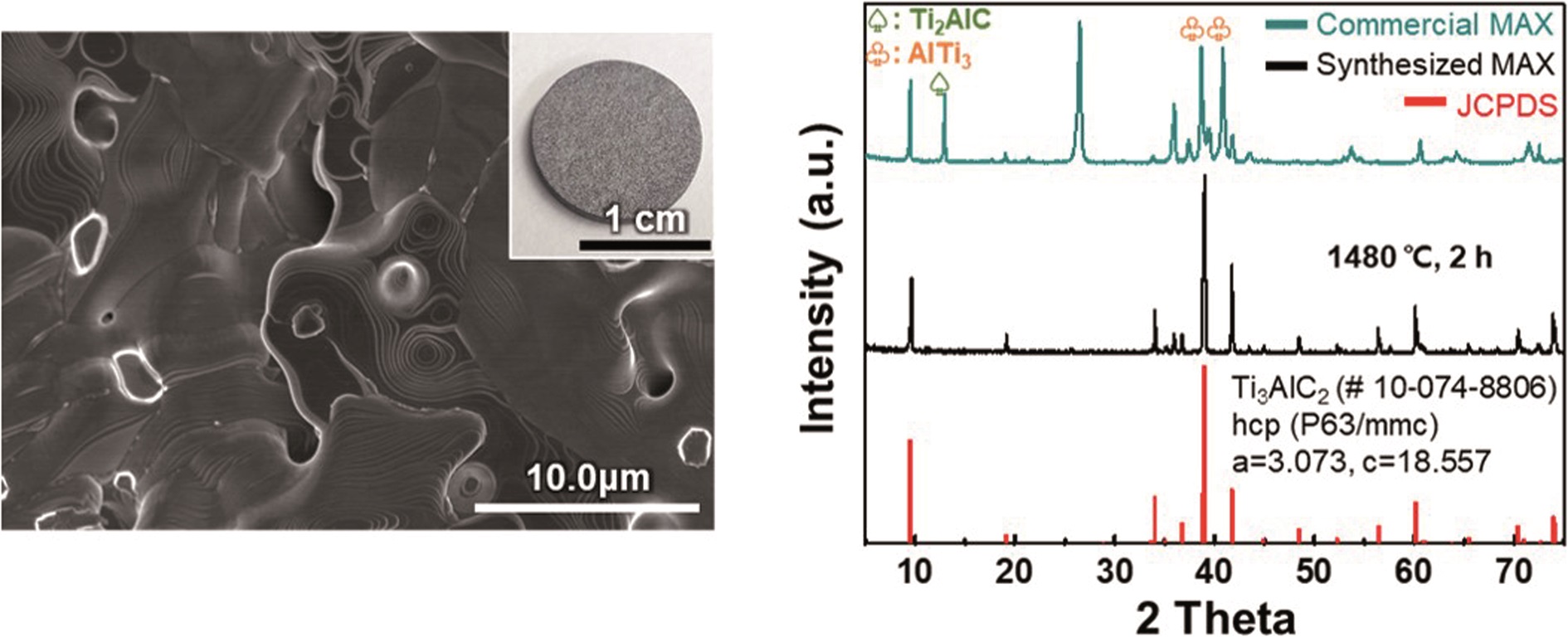 |
Synthesis of high quality 2D carbide MXene flakes using a highly purified MAX precursor for ink applications
Shi-Hyun Seok, Seungjun Choo, Jinsung Kwak, Hyejin Ju, Ju-Hyoung Han, Woo-Seok Kang, Joonsik Lee, Se-Yang Kim, Do Hee Lee, Jungsoo Lee, Jaewon Wang, Seunguk Song, Wook Jo, Byung Mun Jung, Han Gi Chae, Jae Sung Son and Soon-Yong Kwon Nanoscale Adv., 2021, 3, 517-527 DOI: 10.1039/D0NA00398K |
February highlights
|
Review |
|
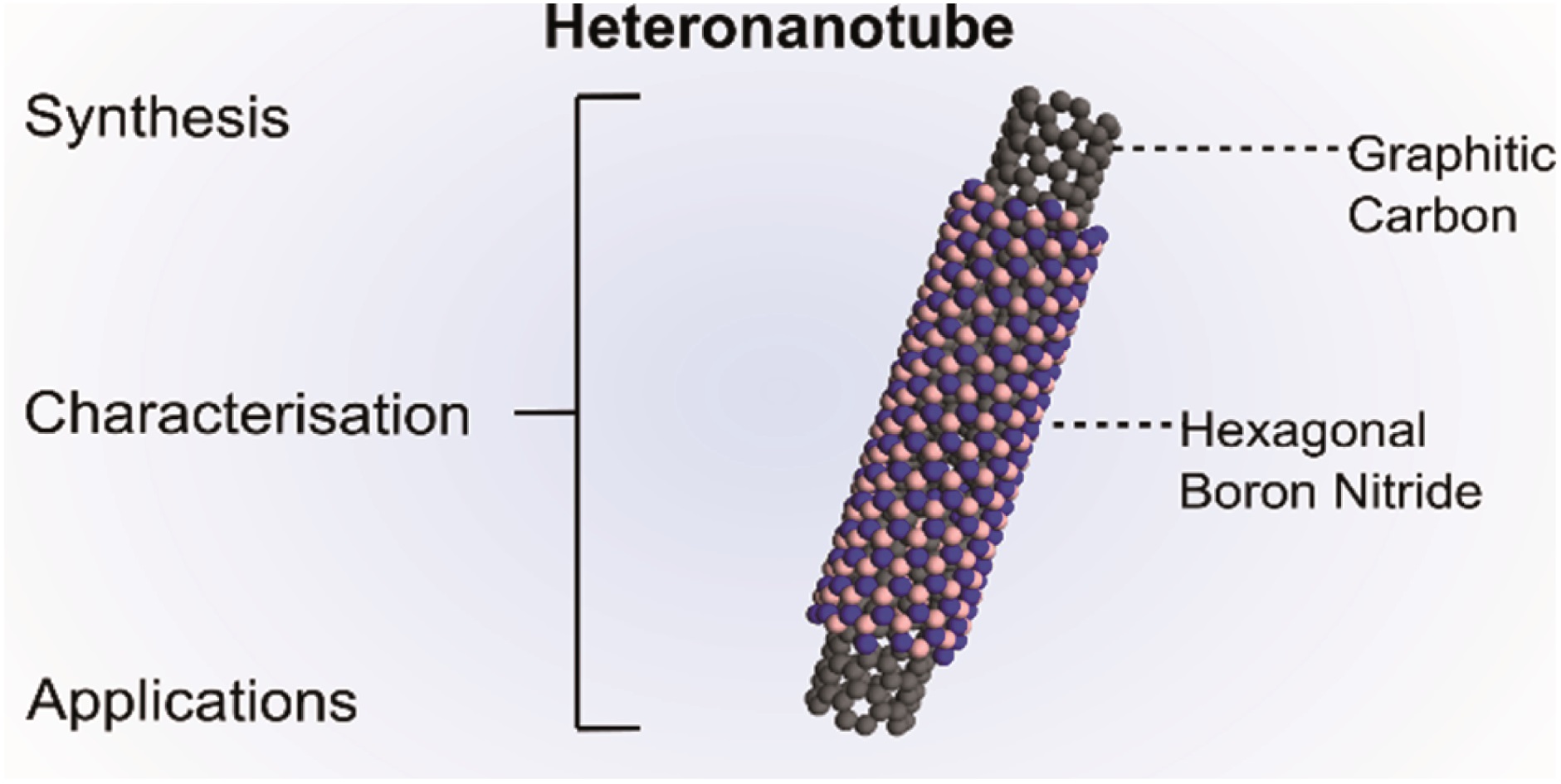 |
Synthesis, characterisation and applications of core–shell carbon–hexagonal boron nitride nanotubes
Ruth Sang Jones, Barbara Maciejewska and Nicole Grobert Nanoscale Adv., 2020, 2, 4996-5014 DOI: 10.1039/D0NA00583E |
|
Communication |
|
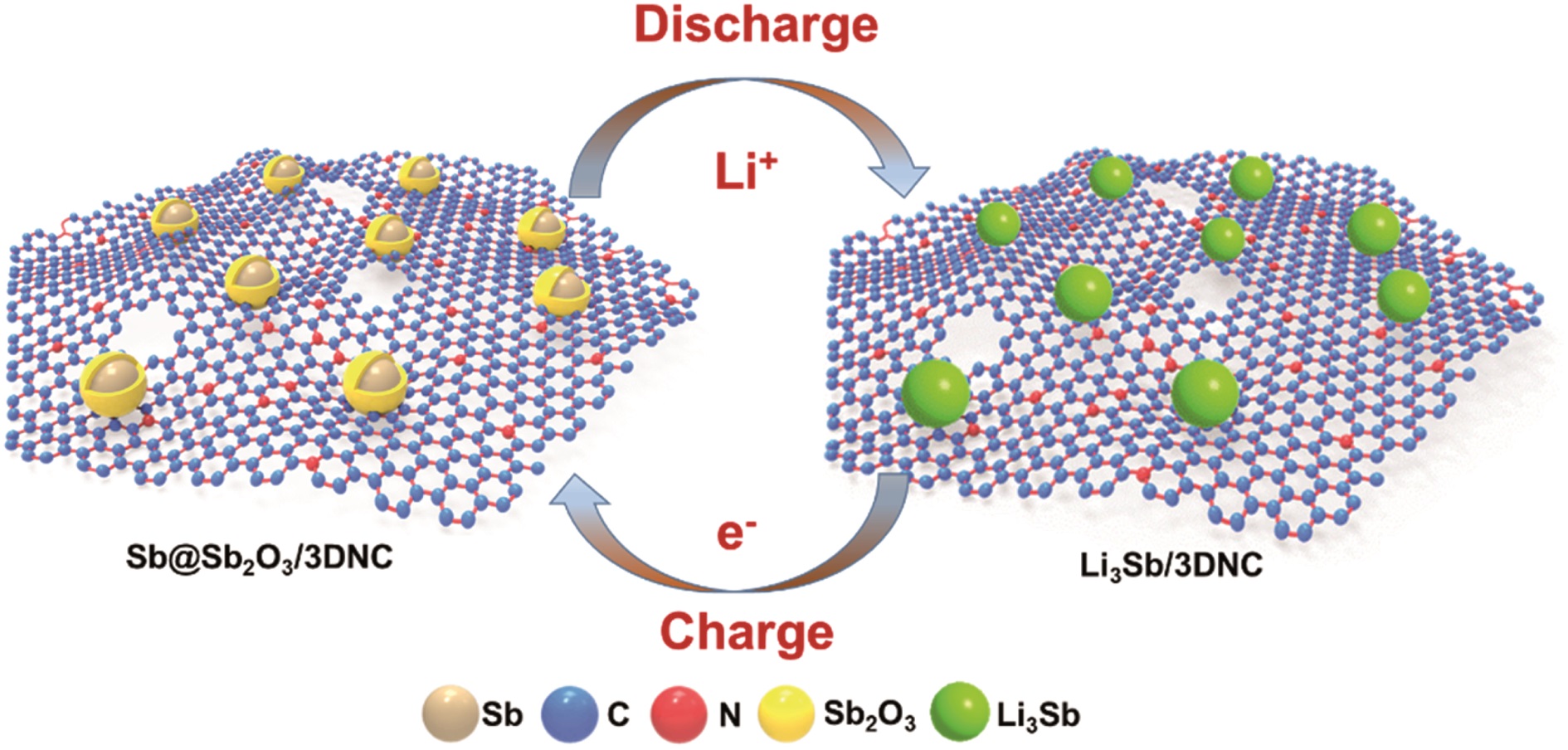 |
Core@shell Sb@Sb2O3 nanoparticles anchored on 3D nitrogen-doped carbon nanosheets as advanced anode materials for Li-ion batteries
Xian Chen, Liang Wang, Feng Ma, Tanyuan Wang, Jiantao Han, Yunhui Huang and Qing Li Nanoscale Adv., 2020, 2, 5578-5583 DOI: 10.1039/D0NA00711K |
|
Communication |
|
 |
High power Na3V2(PO4)3 symmetric full cell for sodium-ion batteries
Milan K. Sadan, Anupriya K. Haridas, Huihun Kim, Changhyeon Kim, Gyu-Bong Cho, Kwon-Koo Cho, Jou-Hyeon Ahn and Hyo-Jun Ahn Nanoscale Adv., 2020, 2, 5166-5170 DOI: 10.1039/D0NA00729C
|
January highlights
|
Review |
|
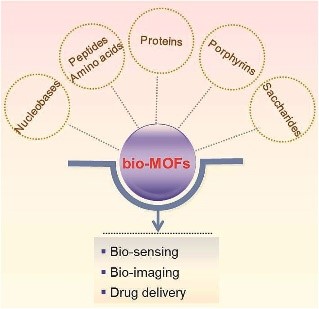 |
Development of biological metal–organic frameworks designed for biomedical applications: from bio-sensing/bio-imaging to disease treatment
Huai-Song Wang, Yi-Hui Wang and Ya Ding Nanoscale Adv., 2020, 2, 3788-3797 DOI: 10.1039/D0NA00557F |
|
Communication |
|
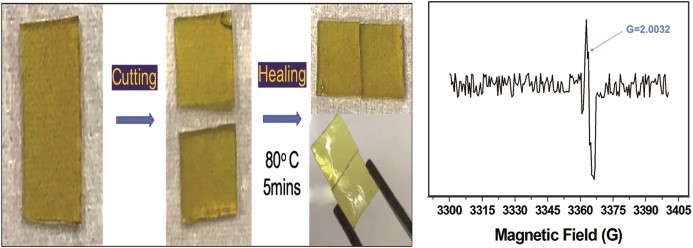 |
Disulfide exchange assisted self-healing epoxy/PDMS/graphene oxide nanocomposites
Balaji Krishnakumar, Manjeet Singh, Vijay Parthasarthy, Chanwook Park, Nanda Gopal Sahoo, Gun Jin Yun and Sravendra Rana Nanoscale Adv., 2020, 2, 2726-2730 DOI: 10.1039/D0NA00282H |
|
Paper |
|
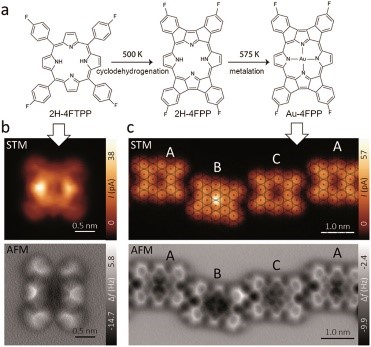 |
Thermally induced intra-molecular transformation and metalation of free-base porphyrin on Au(111) surface steered by surface confinement and ad-atoms
Dipayan Sen, Piotr Błoński, Bruno de la Torre, Pavel Jelínek and Michal Otyepka Nanoscale Adv., 2020, 2, 2986-2991 DOI: 10.1039/D0NA00401D
|
We hope you enjoy reading these articles!
Visit our website – rsc.li/nanoscale-advances
Nanoscale Advances is an international open access journal, publishing research across the breadth of nanoscience and nanotechnology. As a gold open access journal, we will offer readers free access to all content.
Sign up now to get updates on all articles as they are published on Twitter, Facebook, and our e-alerts.



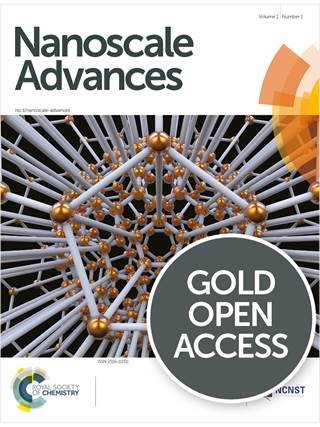









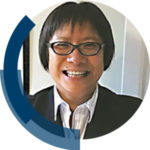


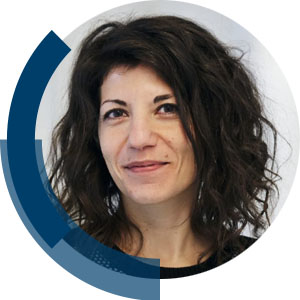
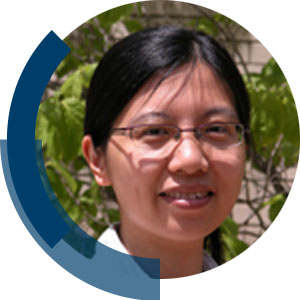



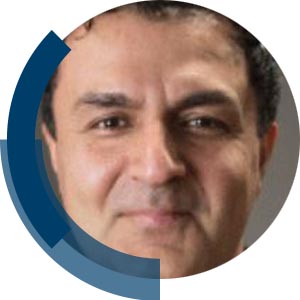
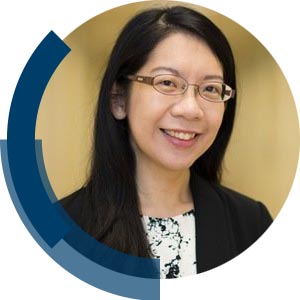
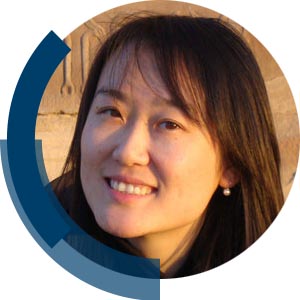
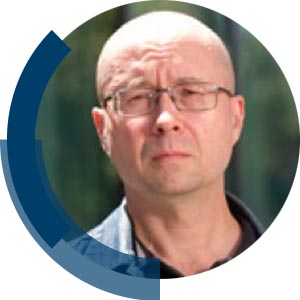
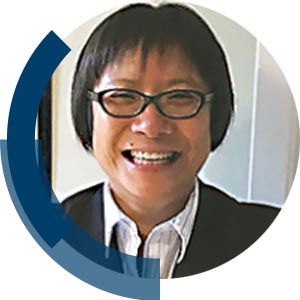
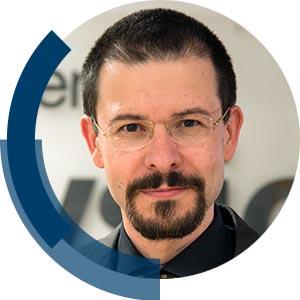

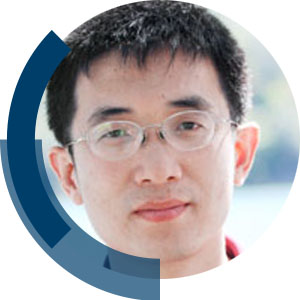
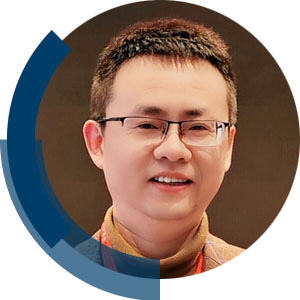
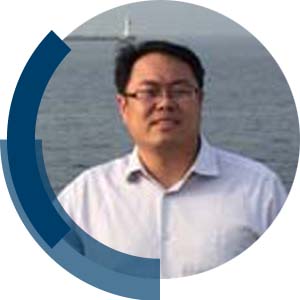
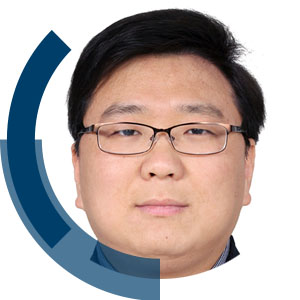
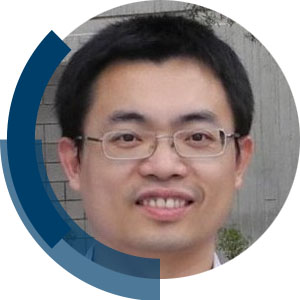
 “Characterization of nanomaterials is of crucial importance as it allows us to get insights on the fundamental properties of novel materials and to tailor them for applications. Optical spectroscopy, amongst all techniques, allows simple and quick inspection of such properties, hence it has been widely applied to nanomaterials.
“Characterization of nanomaterials is of crucial importance as it allows us to get insights on the fundamental properties of novel materials and to tailor them for applications. Optical spectroscopy, amongst all techniques, allows simple and quick inspection of such properties, hence it has been widely applied to nanomaterials.